How To Wash Your Natural Hair To Prevent Breakage
Time to learn gentle hair-wash methods with products that nourish and protect your curls.
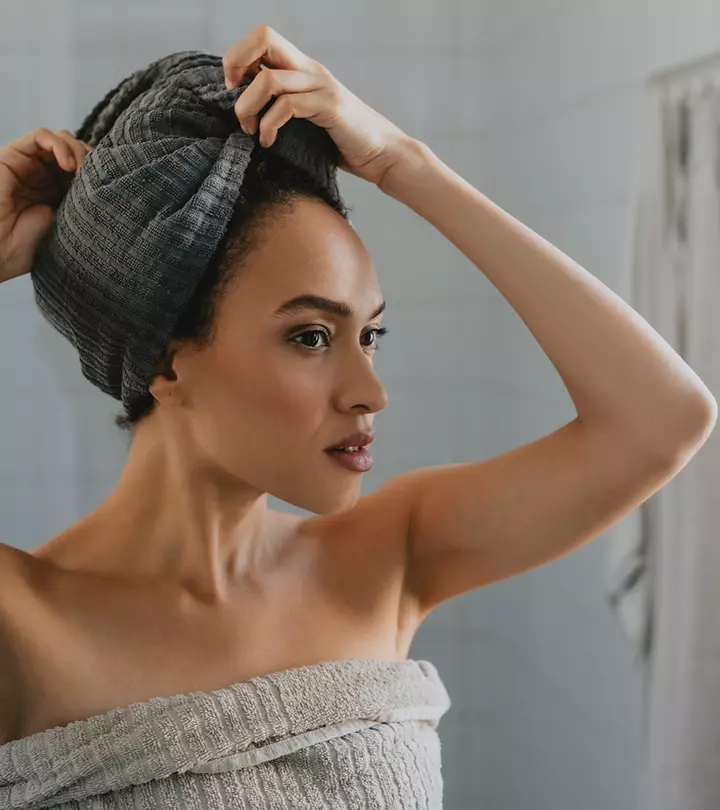
Image: iStock
It is not easy to wash natural hair. The road to natural hair isn’t without bumps, especially if you have just begun your journey. Washing natural hair incorrectly may make it brittle and prone to breakage. You also end up with dry, damaged hair. Some people find this frustrating and try not to wash their hair frequently in an attempt to avoid damage.
Here is an article you need to read if you agree! We will look at how to wash your natural hair in the right way today to put all your worries to rest. Take a look.
In This Article
The Importance Of Washing Natural Hair
Before discussing how you should wash your natural black hair, let us discuss why you should wash it.
1. It Can Help Your Hair Grow

The amount of product present on your scalp can build up over time. This could block your hair follicles and prevent your curls from growing at a quicker pace. To avoid this, you must cleanse your scalp and natural black hair frequently.
2. It Is Hygienic
When you skip your natural hair wash routine, you are providing a nutrition source for different microfauna (bacteria and fungi), which can eventually cause your scalp to get dandruff.
Furthermore, the product residue from different styling products may also build up and result in dry, weighed-down tresses. When you have product buildup, very little moisture can reach your hair strands. The first symptom of excessive product buildup is dry hair that doesn’t behave.
3. It Can Add Character To Your Color
Believe it or not, washing your natural hair is a great way to enhance your hair color. When you remove the dullness of buildup, your hair color and highlights look more vibrant.
4. It Makes Your Hair Easier To Style
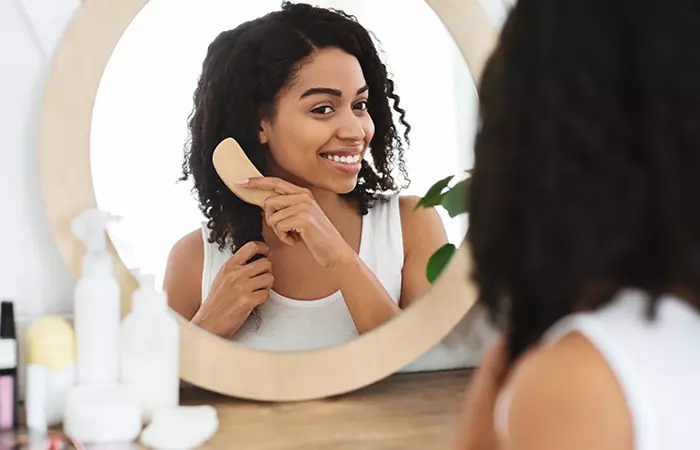
Freshly washed natural hair is the easiest to style. Not only is your hair tangle-free, but it is also devoid of any buildup that can make it dull and frizzy. Additionally, if your tresses are on the thicker side, shampooing them with the right shampoo will provide moisture inside the hair strand. This moisture weighs down flyaways, which will help you retain your hairstyle.
5. It Makes Your Locks Smell Sweet
Throughout the week, your scalp is exposed to different styling products, the sunlight, and various pollutants in the environment. This not only causes extreme build-up but can also make your scalp sweat, which can cause unpleasant odors. Hence, regardless of your hairstyle, it is important that you wash your natural hair regularly for sweet-smelling hair.
6. It Ensures Healthy Roots
Interestingly, the stress hormones present in your roots can cause your hair to get thinner and fall out. A study conducted at the University of Massachusetts found that washing one’s hair reduces the cortisol (stress hormone) present in the hair follicles (1).
In addition to this, cleansing your roots weekly helps prevent the build-up of dead skin cells. This can boost your hair growth.
In short, washing your natural hair, even if it is tied in protective styles, is incredibly important for your hair’s health. Now that you know why you should wash your natural hair, let us talk about the different products you can use to get the perfect wash-and-go hair.
 Quick Tip
Quick TipKey Takeaways
- Washing your hair regularly ensures growth, prevents damage, and improves overall hair texture and health.
- Paddle hairbrush, detangling spray, and a moisturizing conditioner are a few products that hydrate your hair and allow you to brush your hair stress-free.
- Detangle your hair and wash it with lukewarm or cold water to avoid breakage and dryness.
Essential Products For Your Natural Hair Wash Day Routine
Washing your natural hair is an intricate process that requires several products to get the desired results. Mentioned below are the different hair products you need to ensure a stress-free natural hair wash day.
1. Detangling Hair Brush
Unlike other brushes, hair brushing with a detangling hair brush that has wide bristles makes it easier to remove the knots from your curls without pulling your hair out.
2. Pre-Shampoo
Pre-poo, or pre-shampoo as some people call it, is an absolute must for people when washing their natural hair. It acts as a protectant of sorts and prevents your hair from expelling too much moisture while you wash it.
3. Hydrating Shampoo

For the most part, natural hair falls under the dry hair category. It can further dry out when cleansed. It is, therefore, important to remedy this loss of moisture with the help of a hydrating shampoo.
Try to find a product with low or no sulfate content as it is the least likely to damage your hair.
 Did You Know?
Did You Know?4. Apple Cider Vinegar Detangling Rinse
Curly hair can get extremely knotted throughout the week. This makes detangling especially difficult when you are brushing your natural hair after a wash, as wet hair is fragile and more prone to breakage during the combing process. An apple cider vinegar detangling rinse can make the tangles disappear and the detangling process very easy. Try a solution of 1:7, vinegar, and water. Pour it through your hair after shampooing and leave it for a few minutes before rinsing thoroughly. You will find detangling very easy without having to add any conditioners.
5. Moisturizing Conditioner
While water can hydrate your dry strands, the main job of shampoo is to clean your hair and scalp. Conditioner, on the other hand, is made for the sole purpose of boosting the moisture content in your hair.
For a deep condition, opt for a natural product that is rich in moisturizing ingredients such as aloe vera, coconut oil, and honey.
6. Deep Conditioning Mask

While deep conditioning is not something that you need to do every week, it is important that you introduce it to your curls at least once every two weeks. This is especially true if you have colored your natural hair.
Besides the ingredients mentioned above, we recommend picking products that include shea butter and olive oil as they are quite nourishing and can definitely boost the moisture in your hair
7. Leave-In Conditioner
Sometimes, washing and conditioning your natural hair is not enough to replenish the moisture in your strands. A leave-in conditioner is needed to seal in the moisture and protect your tresses from environmental stressors. For the best results, we suggest looking for a product rich in vitamins E, A, and C that work towards boosting your hair health.
Now that you are armed with the right products, let us talk about how you should wash your natural black hair.
3 Ways To Go About Your Wash Day With Natural Hair
Before going any further, it is important that we first answer the age-old question: How often should you wash your African-American hair?
Well, to ensure that your tresses stay in tip-top shape, try washing them with shampoo at least once a week. We also recommend co-washing your natural hair, which is a technique to wash hair without shampoo or simply washing your curls with water. Do it once a week to keep the hair clean, hydrated, and easier to style.
To help you carry out the same, we have listed step-by-step instructions on how you should wash your natural hair.
1. Washing Your Natural Hair Only With Water
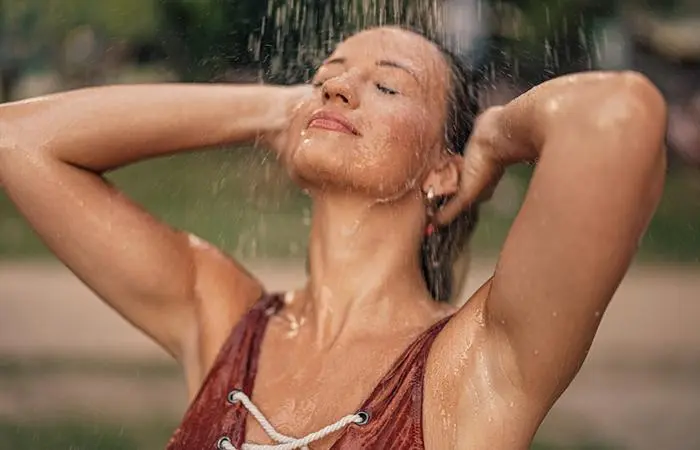
This method of washing your natural hair provides much-needed moisture to your hair and scalp. It is also an alternative way to style your tresses mid-week. Here is how you do it:
- With your fingers, divide your hair into four equal sections.
- Pour some lukewarm water on each section. Make sure that your hair is completely wet and well-saturated.
- While your hair is still wet, apply some detangling spray to it as well as your usual styling product.
- Comb your hair with your fingers to promote even distribution of the products and to avoid knotting.
- Squeeze out the excess water from your curls and style it as you normally would. You are good to go!
Moreover, you may also read about how to shower correctly to keep your natural hair healthy.
2. Co-Wash Natural Hair
The main aim of this method is to strengthen your strands and to add more moisture to your dry curls. It involves skipping the shampoo and only conditioning your natural hair. Here is how you do it:
- Start by wetting your hair with lukewarm water.
- Take some conditioner in your palms, along with a few drops of water, and rub them together.
- Massage the conditioner into your hair. Ensure that every strand, from root to tip, is coated with the same.
- Leave the conditioner in your hair for 20 minutes before rinsing it off.
- It is best to use a co-wash product so that buildup is minimized.
- Co-wash not more than once a week.
3. Natural Hair Wash With Shampoo
This method of washing your hair is required to remove the dust, grime, and build-up from your locks. It requires a few steps, so let us just jump right into it:
- Start by applying a pre-shampoo product or oil to your hair. Spread it evenly using your fingers.
- Leave the pre-poo on for at least 20-30 minutes.
- Then, wet your hair with lukewarm water and apply some shampoo to it.
- Massage your scalp and hair strands with the shampoo.
- Rinse your hair with lukewarm water. If needed, shampoo twice.
- Coat your hair with conditioner from root to tip and leave it on for 10-20 minutes.
- Wash it off with cool or lukewarm water.
- Finally, massage some leave-in conditioner into your strands and style as required.
Nomaswazi Mantfombi Nkosi, a blogger, shares her natural hair wash routine and how she maintains her natural hair. She writes, “Pre-poo or a hair mask is something I do often, and it helps my hair from breakage and keeps it looking shiny (i).” She continues, “I keep my wash day routine very simple and quick because my hair does not need all these other unnecessary steps and it gets my hair where I want it to be.”
As you can see, there is no singular guide to washing and conditioning your natural hair. Rather, there are multiple routines that you can use and vary to suit your hair. Next, we discuss the various natural hair wash day tips that you should keep in mind when carrying out your routine.
Tips To Keep In Mind When Washing Natural Hair
- Try to keep the pre-wash or pre-shampoo on your natural hair for as long as possible before shampooing it. In fact, we recommend applying it to your curls 2-3 hours before you wash it.
- Wash your natural hair with either cold or lukewarm water. This will prevent your strands from drying out when using hot water.
- For even product distribution, divide your natural hair into sections while shampooing, conditioning, and otherwise washing it.
- Use hair products suitable for your hair type and hair porosity.
- To avoid breakage, detangle your natural hair before you wash it or after using an apple cider vinegar rinse.
Washing natural hair incorrectly leads to hair damage and breakage. Washing your natural hair correctly can lead to healthy hair growth, improved scalp hygiene, a more vibrant hair color, and improved ease when styling your hair. Using the right products, a detangling brush, and nourishing hair care products can make this process easier. Scroll up to learn the three different ways to wash natural hair, along with a few helpful tips to keep in mind before your wash your locks. So start giving your tresses the TLC it deserves!
Frequently Asked Questions
How often should you wash your naturally curly hair?
Ideally, you should shampoo your natural hair only once a week to prevent dryness. That said, we recommend washing your curls with water only and co-washing it at least once a week to add moisture.
What do you do with your natural hair after washing it?
Depending on how you wash your natural hair, you can either apply some leave-in conditioner to it and style it or gently dab your curls with a cotton T-shirt then apply a nourishing hair oil and style them.
Can I wet my hair every day?
Yes, in fact, you should. You can simply spray your hair with water. Or you can wash your hair with water.
Why is my natural hair dry after I wash it?
This could be because you are using hot water to wash it. The heat from the hot water can strip away the moisture from the strands and leave them drier and more brittle than usual. You can also look for a shampoo that has aloe vera as the first or second ingredient as it is very hydrating. Make sure to use conditioners that are rich and made just for your hair texture.
What is the longest you can go without washing your hair?
Factors like your hair’s porosity, texture, and sebum production all have an impact on how long you can go between washes. Wash your hair as soon as you notice dirt and product buildup since excess accumulation on the scalp can cause further hair damage.
Tired of long wash days? Check out this video for the easiest wash day routine ever to wash your natural hair without any stress or tears.
Personal Experience: Source
StyleCraze's articles are interwoven with authentic personal narratives that provide depth and resonance to our content. Below are the sources of the personal accounts referenced in this article.
i. NATURAL HAIR CARE: WASH DAY ROUTINEhttps://wearehairgoals.wordpress.com/2018/12/02/natural-hair-care-wash-day-routine/
References
Articles on StyleCraze are backed by verified information from peer-reviewed and academic research papers, reputed organizations, research institutions, and medical associations to ensure accuracy and relevance. Read our editorial policy to learn more.
- Effects of Shampoo and Water Washing on Hair Cortisol Concentrations,
https://www.ncbi.nlm.nih.gov/pmc/articles/PMC3023988/
Read full bio of Ghanima Abdullah
Read full bio of Arshiya Syeda
Read full bio of Ramona Sinha
Read full bio of Medha Deb







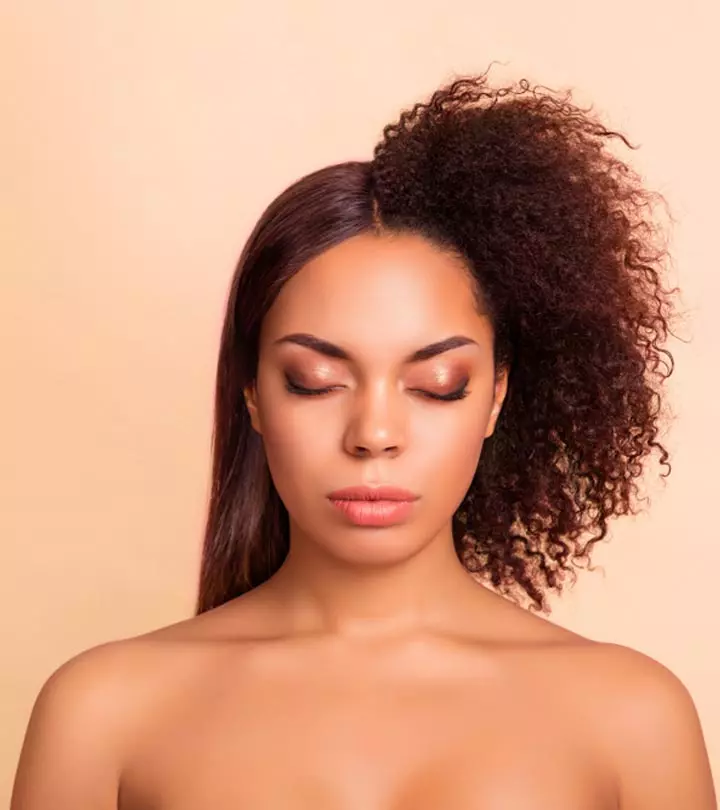
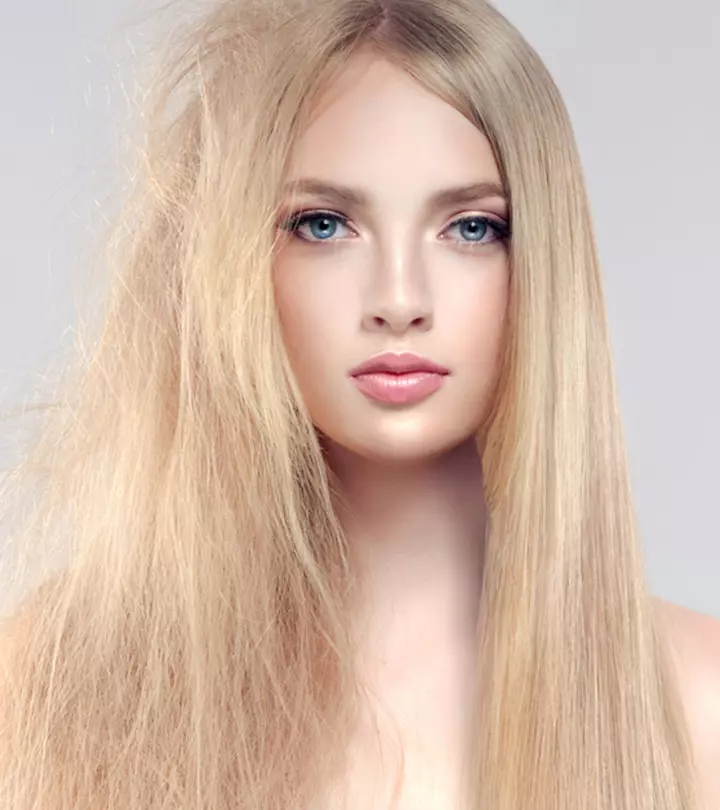

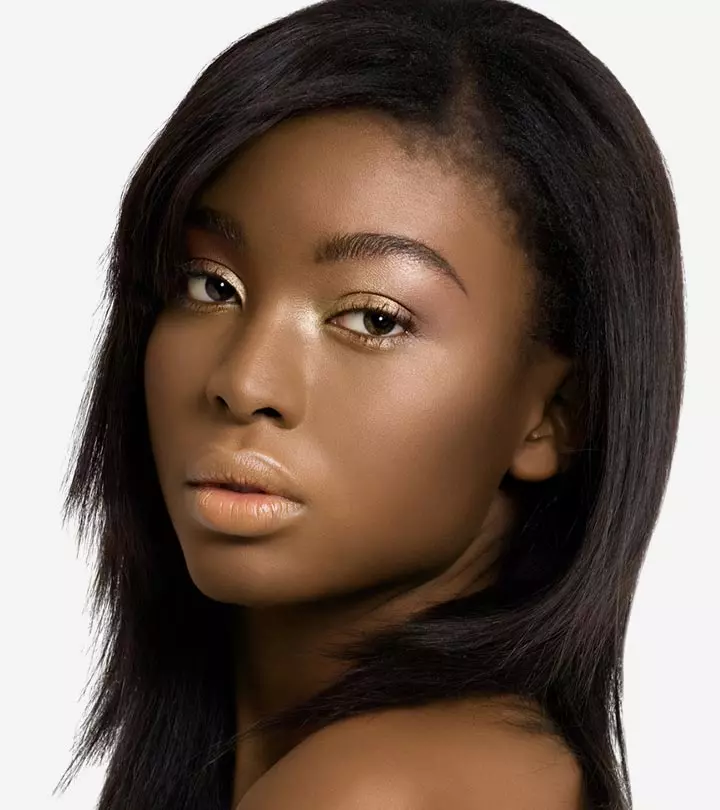
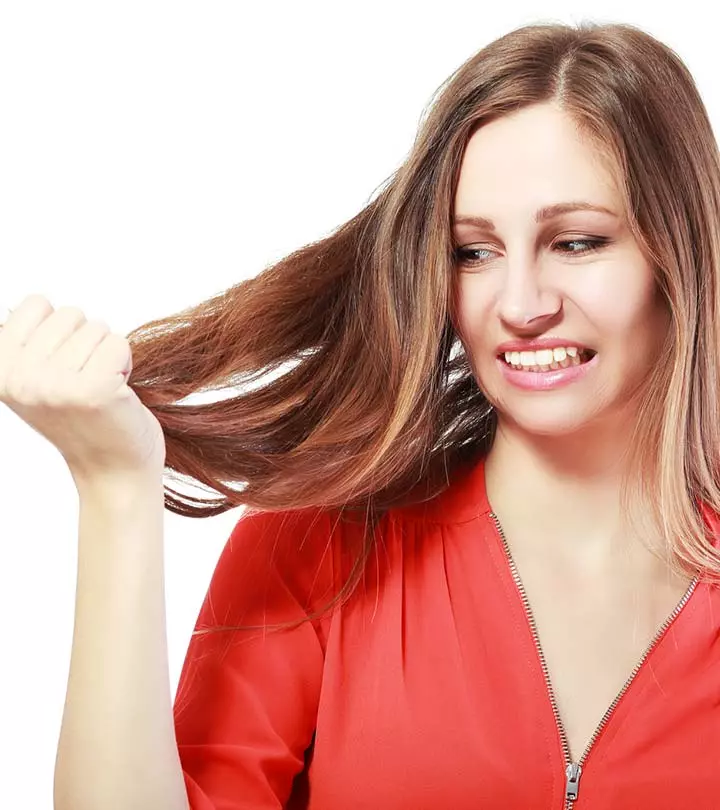

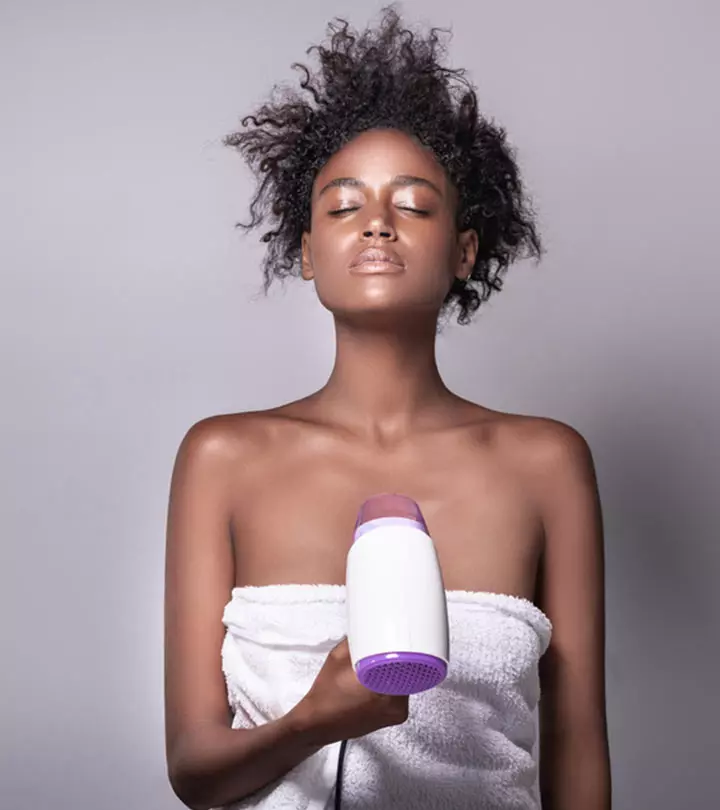
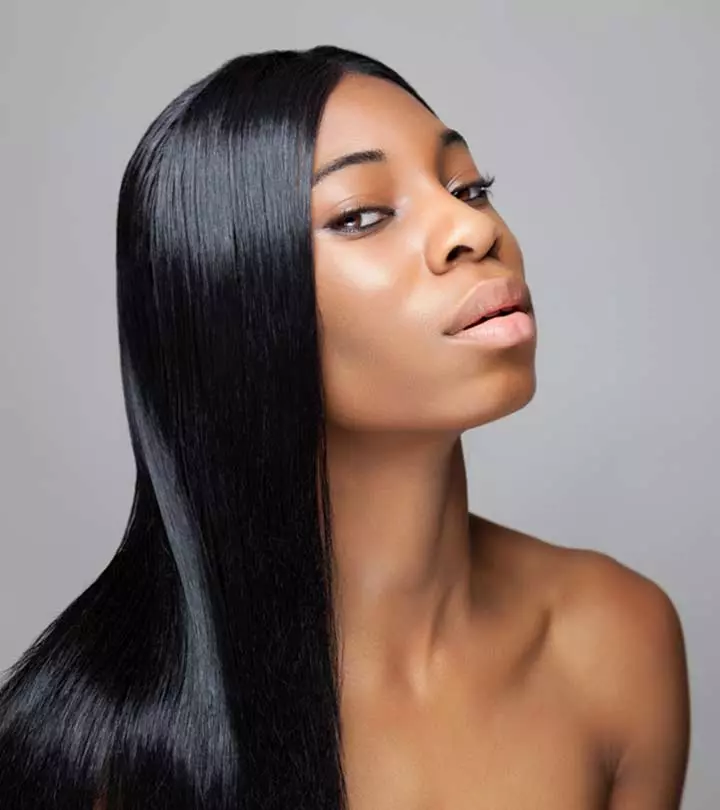
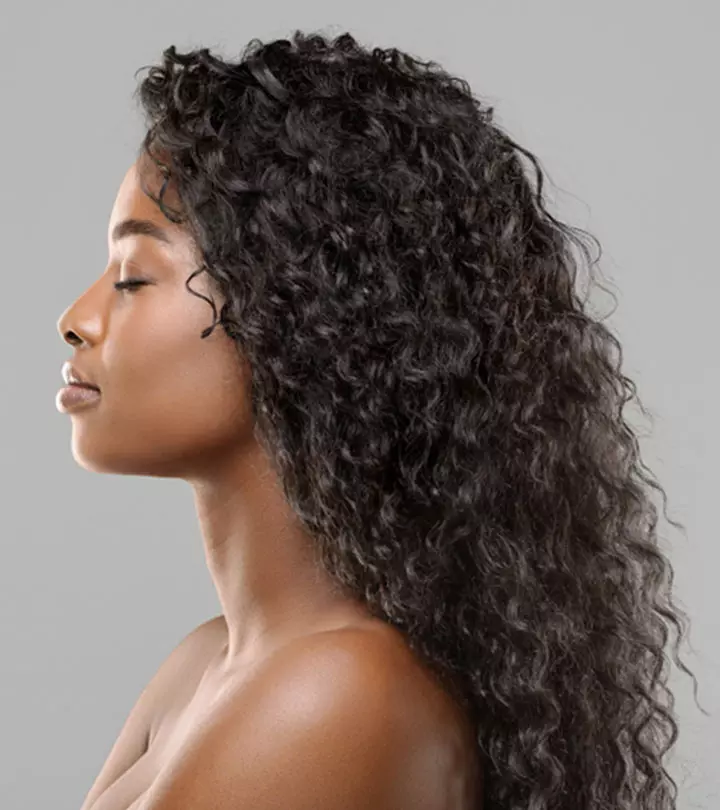
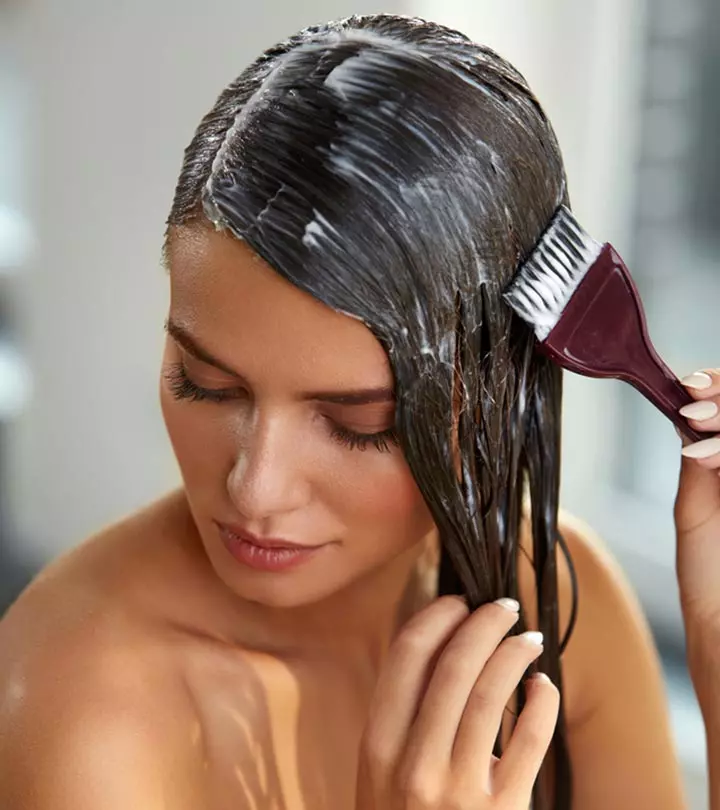
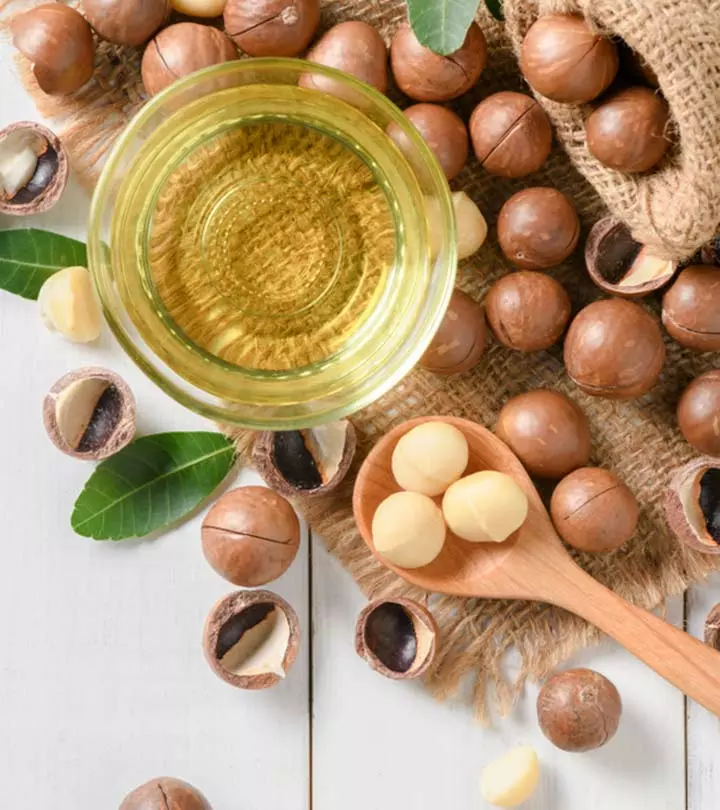
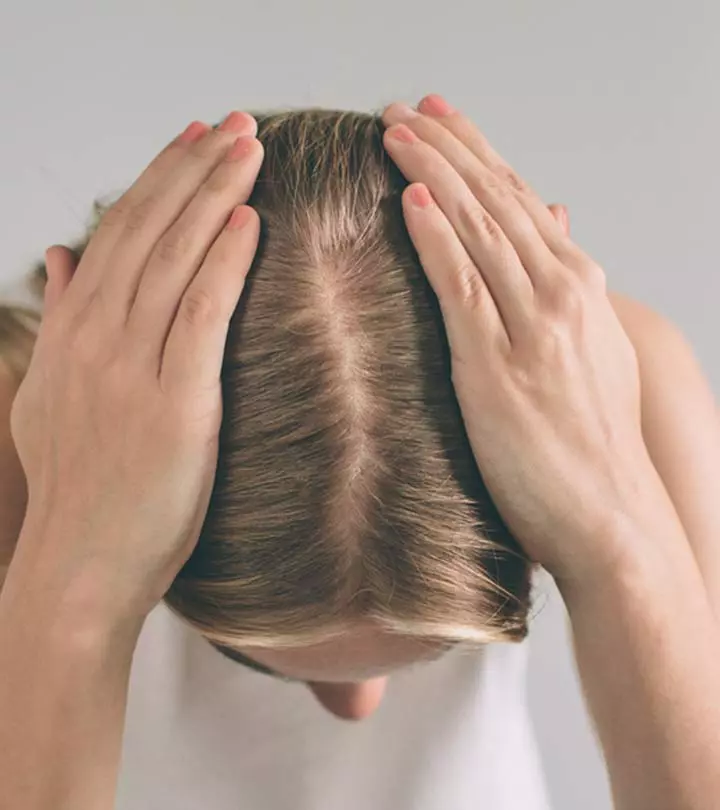
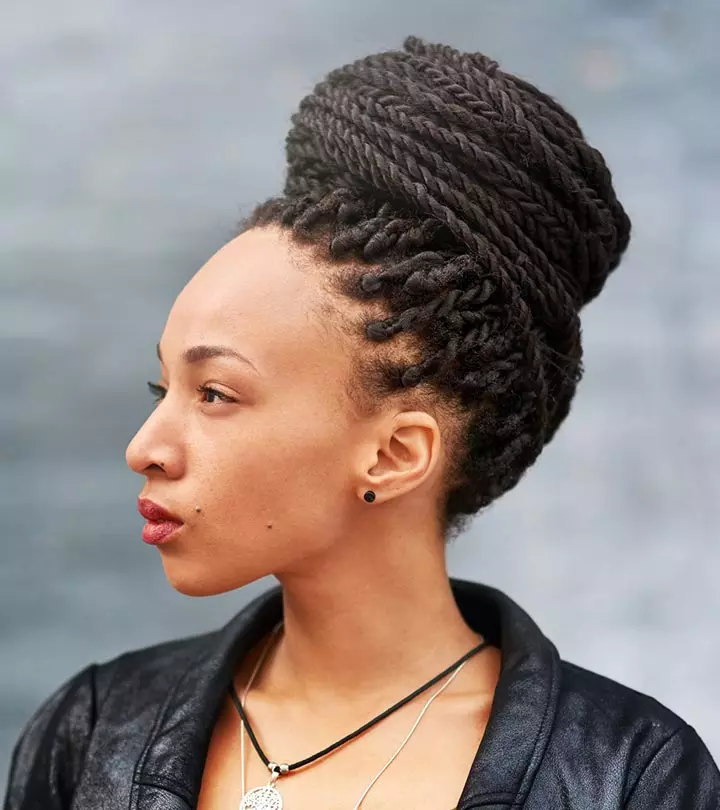
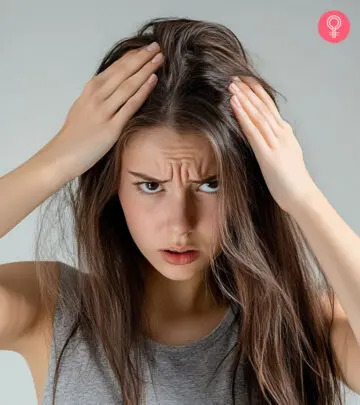
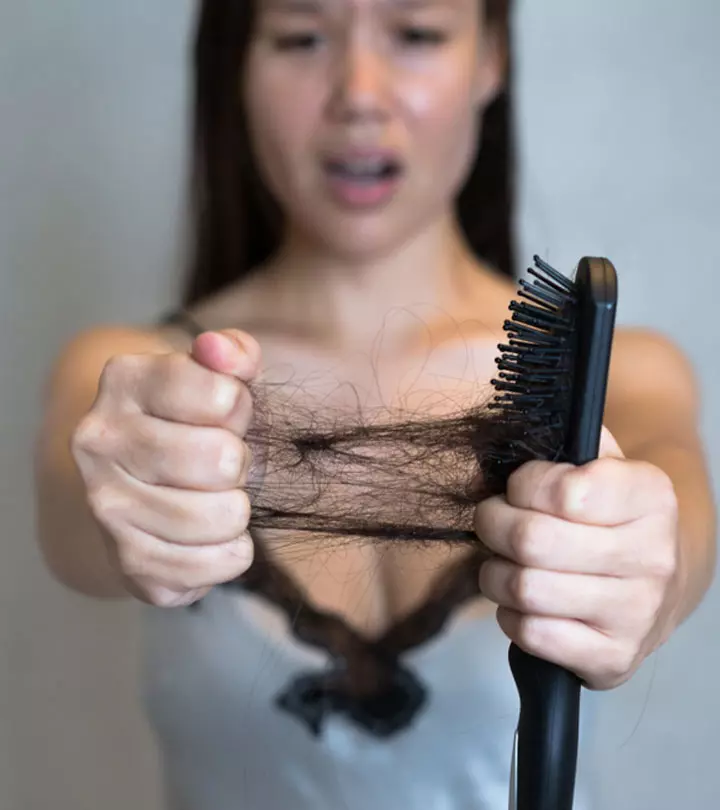
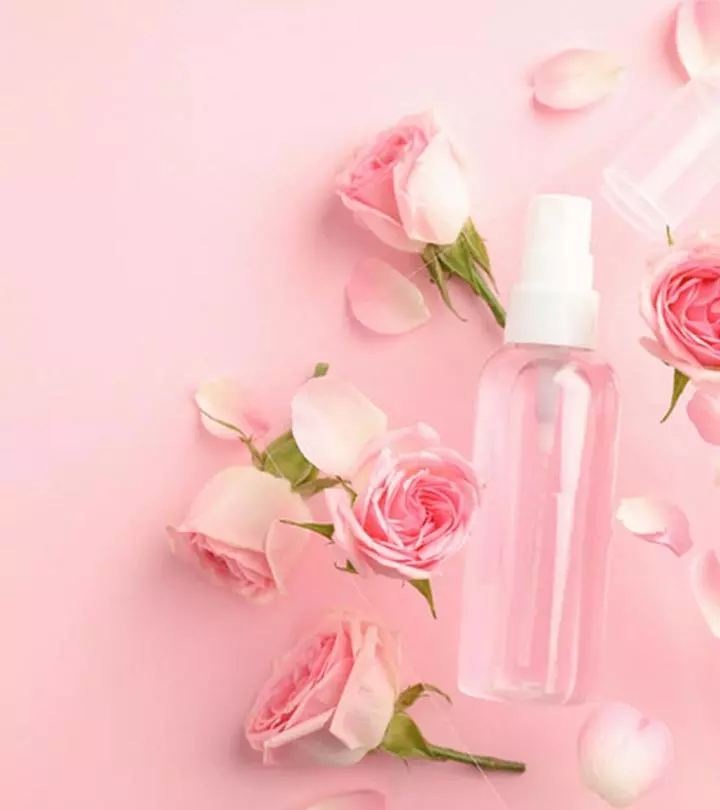
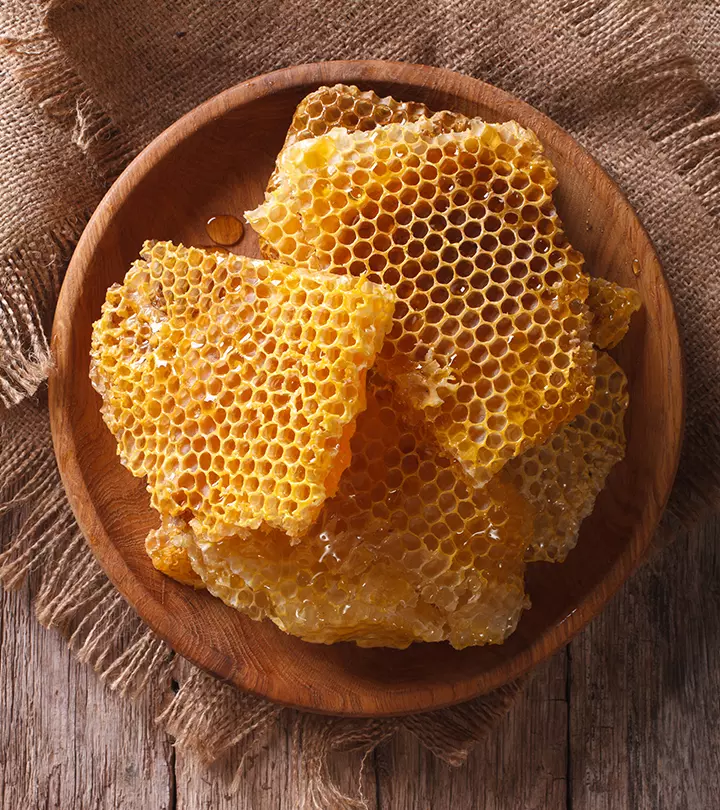
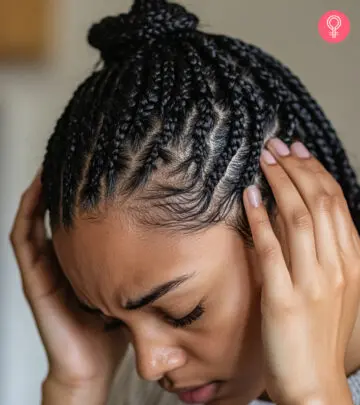
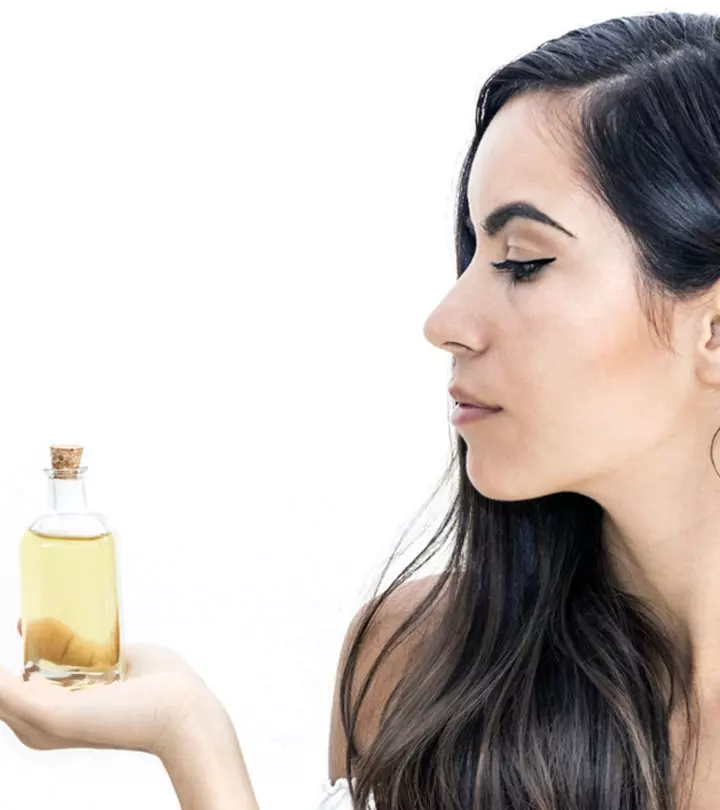
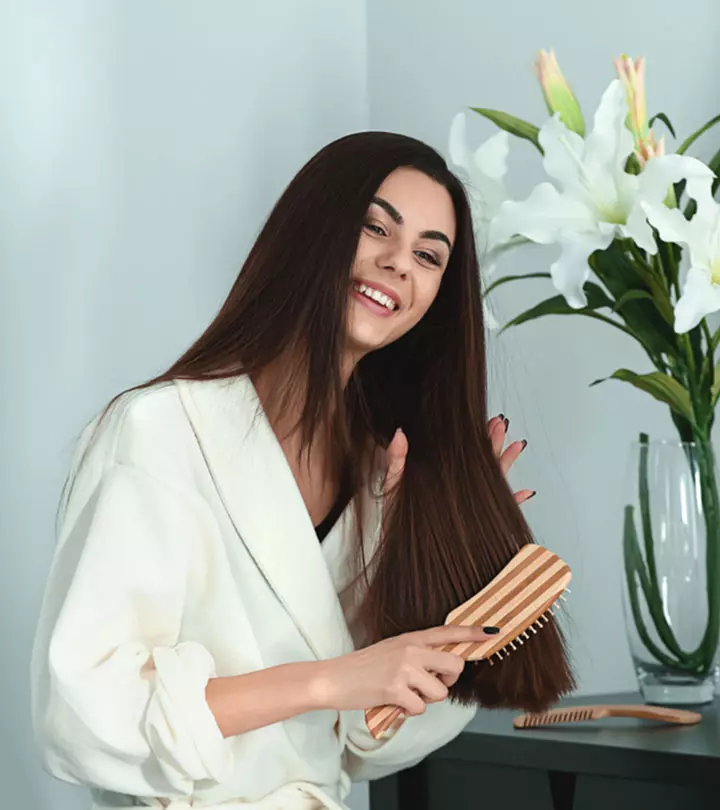

Community Experiences
Join the conversation and become a part of our empowering community! Share your stories, experiences, and insights to connect with other beauty, lifestyle, and health enthusiasts.